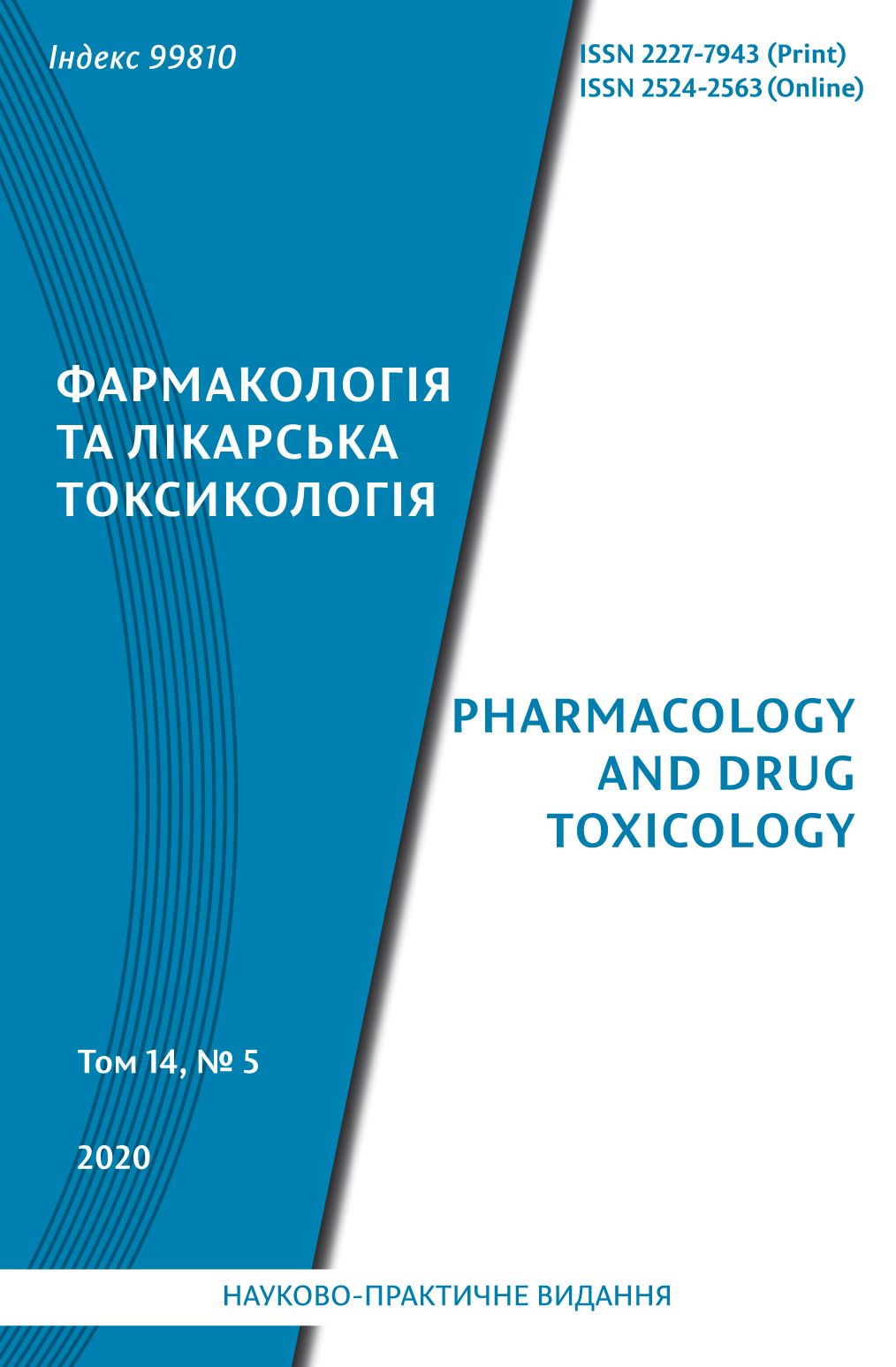Abstract
The effects of Capicor (containing Meldonium dihydrate and gamma-butyrobetain dihydrate) on the protein markers of pro- and antioxidant system in rat brain mitochondria under modeling of Parkinson's disease (PD) by rotenone administration were studied. Wistar rats were divided into groups of 6 in each: I – intact rats (control); II - rotenone was injected subcutaneously at dose 3 mg/kg per day along 2 weeks; III – after rotenone intoxication, Capicor was
injected intraperitoneally at dose 50 mg/kg per day along 2 weeks; IV- V - groups served as two additional controls for rotenone and Capicor solvents. In the suspension of brain mitochondria, the activity of NADH dehydrogenase (complex I of the mitochondrial respiratory chain), content of the products of protein
oxidative modification, the activity of mitochondrial aconitase, the reduced glutathione amount, activity and protein expression of MnSOD and glutathione peroxidase were measured.
Treatment of rats with Capicor led to a weakening of oxidative processes in brain mitochondria in comparison with rotenone intoxication. It was shown that intraperitoneal injections of Capicor led to a decrease in the oxidative modified proteins content in brain mitochondria under PD modeling. It was also
registered an increase in the activities of NADH-dehydrogenase (complex I of the mitochondrial respiratory chain) and mitochondrial aconitase. Such changes indicated a weakening of the mitochondrial oxidative processes intensity. Treatment of rats with Capicor promoted an increase in the reduced glutathione
amount as well as normalization of activity and protein expression of MnSOD. When treated with Capicor, there were also registered an increased activity and protein expression of glutathione peroxidase indicating a rise of antiperoxide protection. So, Capicor reduced rotenone-induced damage of rat brain mitochondria increasing the action of protective proteins of endogenous antioxidant defense against a background of the oxidative modification
of mitochondrial proteins weakening.
